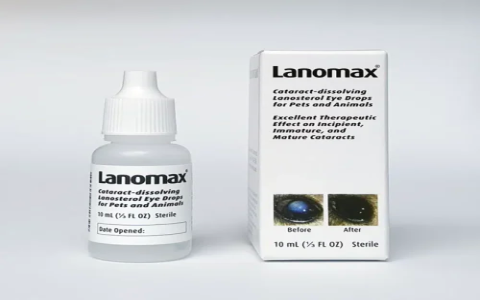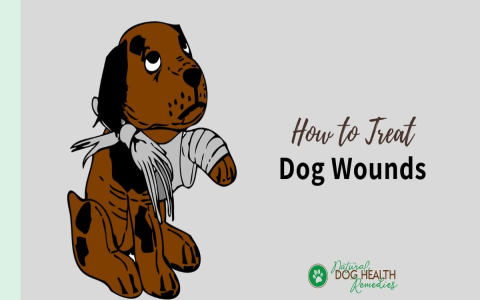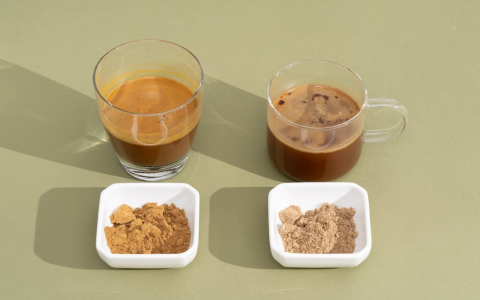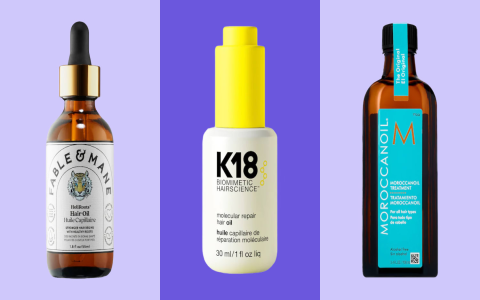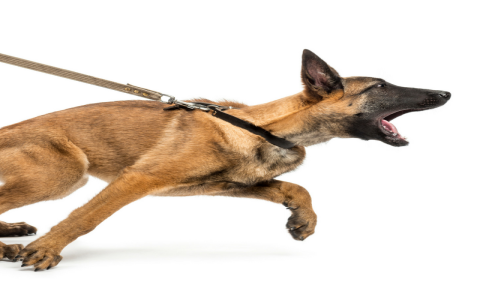Best Steroid Spray for Dogs: Reviews & Buying Guide 2024
Okay, so, steroid spray for dogs, huh? Let me tell you, dealing with dog skin issues is no fun. My poor old Buster, he's a golden retriever, started itching like crazy a while back. Red spots, scratching 'til he bled – it was awful.
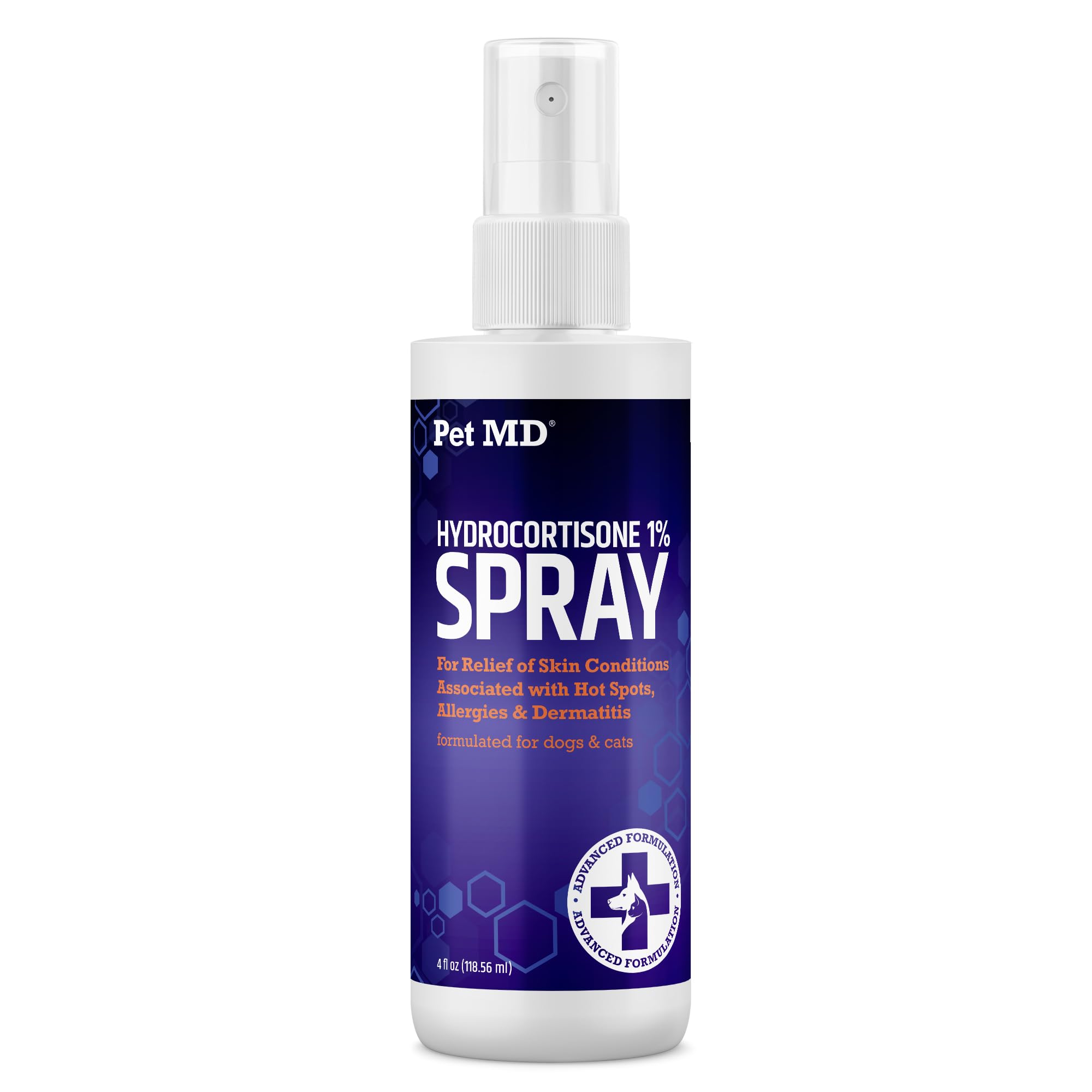
First thing I did, of course, was hit up the vet. Turns out, Buster had some kind of allergic reaction going on. The vet suggested a few things, including a steroid spray to help with the inflammation and itching. Now, I'm usually not one for medicating unless absolutely necessary, but Buster was miserable, so I figured I'd give it a shot.
The vet prescribed this spray – I can't remember the exact name, but it was definitely a corticosteroid. Got it filled at the local pharmacy. The instructions were pretty straightforward: shake well, spray directly onto the affected areas, and try to keep Buster from licking it off. Easier said than done, let me tell you!
So, I started spraying. Buster HATED it. The hissing sound of the can scared him half to death every time. I had to bribe him with treats just to get close. I'd hold him still, part his fur, and spray the red spots. He'd wriggle and whine, then immediately try to lick the area. The vet said it needed at least 15 minutes to absorb, so that was a battle every single time.
Here’s what I learned: timing is everything. I found that spraying him right before his meal worked best. He was so focused on the food that he'd forget about the spray for a few minutes. Also, a firm "NO!" when he tried to lick helped, but he's a smart dog, he'd try to do it sneakily.
Did it work? Yes, eventually. It took a few days, but I started seeing a real difference. The redness started to fade, and Buster wasn't scratching nearly as much. He seemed a lot happier, and I was relieved.
But here's the thing: It wasn't a miracle cure. The spray helped with the symptoms, but it didn't address the underlying cause of the allergy. So, while the steroid spray worked short-term, I knew I needed to figure out what was causing the problem in the first place.
That led me down a whole rabbit hole of dog food allergies, environmental factors, and a bunch of other stuff. I ended up switching Buster to a limited-ingredient diet, washing his bedding more often, and giving him regular baths with a hypoallergenic shampoo.
Here's a quick rundown of my process:
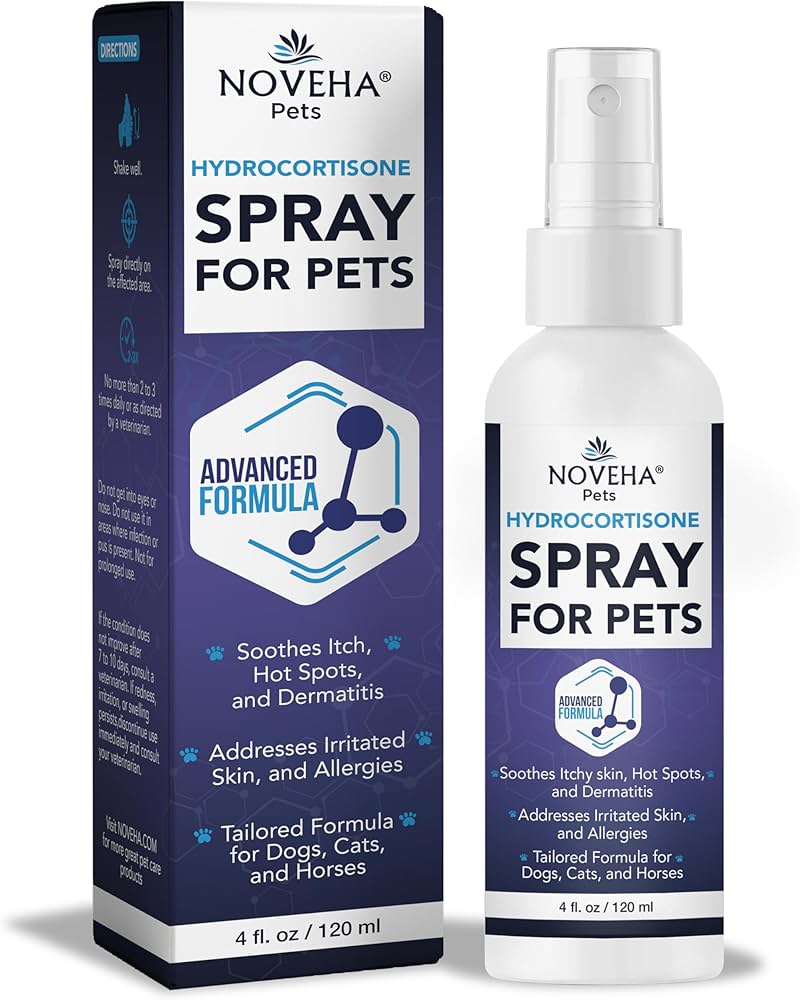
- Visit the vet: Get a proper diagnosis and rule out any serious underlying conditions.
- Follow instructions carefully: Don't overuse the spray. Steroids can have side effects.
- Distract your dog: Treats, toys, anything to keep them from licking the spray.
- Look for the root cause: Steroid spray is a band-aid. Find out what's causing the problem.
- Be patient: It takes time to see results, and it might not be a permanent fix.
Now, Buster's doing much better. He still gets occasional flare-ups, but they're much milder and easier to manage. I still keep the steroid spray on hand just in case, but I'm hoping we won't need it as much in the future.
So, yeah, steroid spray can be a helpful tool for dealing with dog skin problems, but it's not a magic bullet. Do your research, work with your vet, and be patient. Your furry friend will thank you for it.
Final Thoughts
Just remember, I'm not a vet. This is just my experience. Always talk to your veterinarian before giving your dog any medication.
